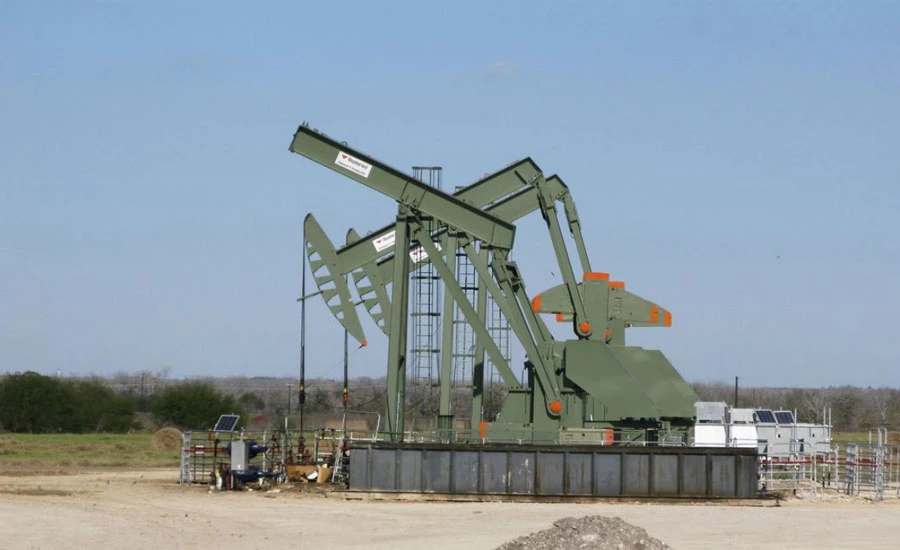Oil slips after gains on rosier outlook for global economy, fuel demand

TOKYO (Reuters) – Oil prices slipped on Tuesday after two straight sessions of gains as the passage of a US infrastructure bill, Chinese exports and the global post-pandemic recovery lifted the outlook for fuel demand.
Brent crude was down 10 cents at $83.33 a barrel by 04:10 GMT, after gaining 0.8%. US oil was down 6 cents at $81.87 a barrel, also after a 0.8% gain the previous day.
US President Joe Biden's long-delayed $1 trillion infrastructure bill - which passed through Congress at the weekend - and better-than-expected Chinese exports helped paint a picture of a more expansive global economy.
"The big unknown is whether economies can achieve growth amid the current high price environment, or potentially in an even higher price scenario," said Rystad Energy senior oil markets analyst Louise Dickson.
JPMorgan Chase commodities analysts said global demand for oil in November was already nearly back to pre-pandemic levels of 100 million barrels per day (bpd).
"More consumption growth lies in wait once travel begins in earnest and jet fuel demand picks up,"
But as major producers maintained strict supply discipline in October, oil prices rose to seven-year highs, with fuel values also rising.
Biden, though, may take measures as early as this week to address soaring gasoline prices, Energy Secretary Jennifer Granholm said.
"He's certainly looking at what options he has in the limited range of tools a president might have to address the cost of gasoline at the pump, because it is a global market," Granholm told MSNBC in an interview.
Despite the tighter market, US crude inventories are expected to have risen a third straight week, a Reuters polls showed, possibly helping to cap further gains.
"If the US doesn't get OPEC+ to respond to its pledge for more output, it has its own arsenal of tools to deploy to battle high prices of refined oil products," Dickson said.







